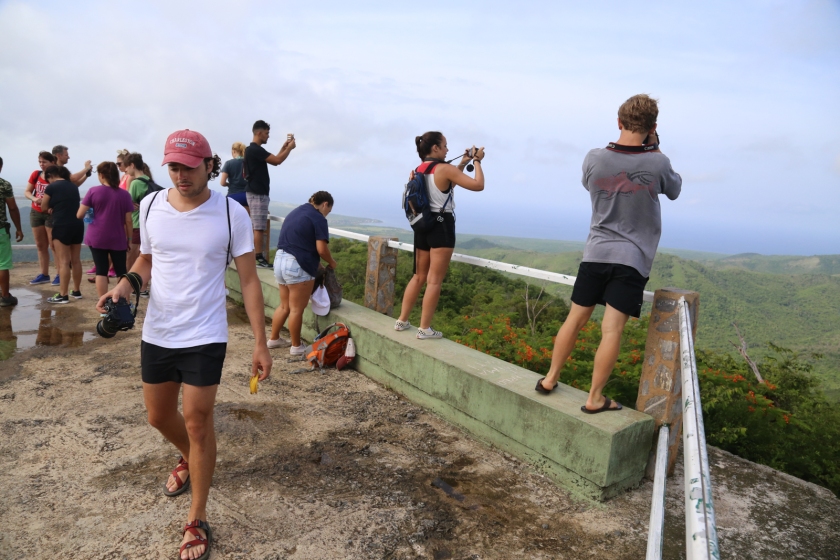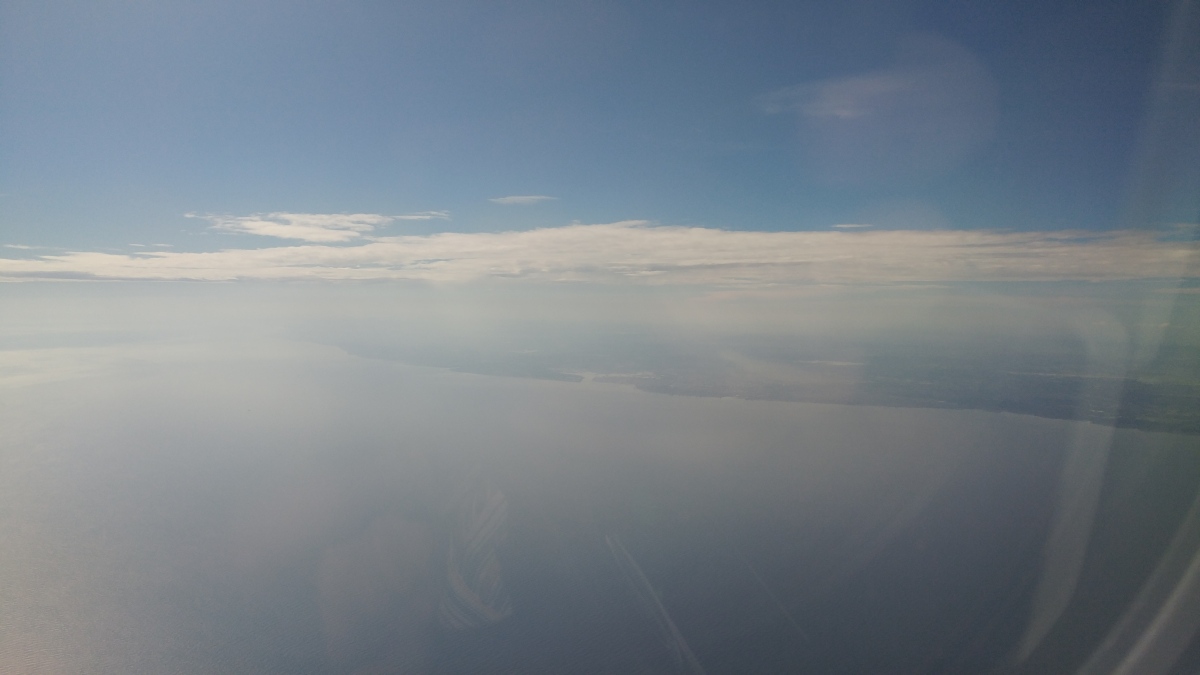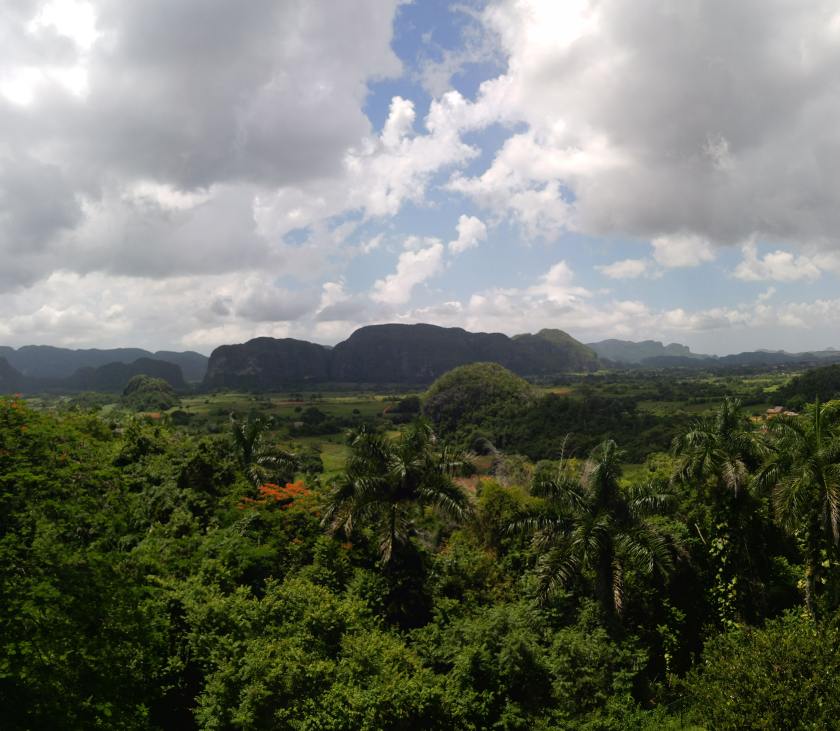
The old writer draws a picture from a stained folder in the musty wooden cabinet and contemplates the image of her younger, more beautiful self, many years ago, sitting next to Fidel Castro. We draw closer to her, a collective gasp of astonishment escaping us all. We can see the resemblances in her face, her eyes. These two women- the one in the photo and the one holding the photo- are the same person, separated only by half a century’s time. Together, they constitute one of Cuba’s most important writers, a witness to massive upheavals and an unmatched chronicler of history.
Marta Rojas, a Cuban journalist and Revolutionary heroine who exudes an inexplicable brightness of spirit, smiles youthfully as she flips through the pictures of her past life: here she is again with Castro, testifying at a table in the early months of the Revolution, her shapely, wine-dark face in the picture lowered down to speak into a microphone before her; here she is on that picture hung up on the wall, standing there in the black and white photo taken when she traveled to Vietnam to cover the war as a correspondent.
Continue reading “A Conversation with Marta Rojas, one of Cuba’s Most Important Living Writers”


